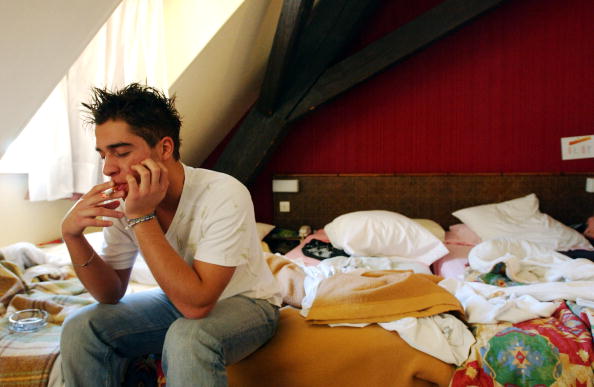
Teens who are having a hard time controlling their impulse are also most likely to have a poor working memory. This is the findings of a team of researchers from two universities and a health care facility.
Adolescent experts from Philadelphia's Children Hospital, University of Pennsylvania, and University of Oregon all worked together to determine if there's any connection between impulse control and cognitive skills of teens.
They revealed that those who show fair or inferior working memory may find it difficult to manage their impulses including sexual urges once they reach the middle or late stage of puberty.
In psychology, working memory refers to the component of the short-term memory that helps process and use whatever information is stored over a quick period of time. A good example if a working memory is in relation to math. When a teacher asks a student to find the sum of two numbers, the brain retrieves its perception of the numbers and the process of addition.
During the research, the teen volunteers answered a series of questions from a computer, including those that pertain to their sexual experiences and risky behavior like having unprotected sex or multiple partners.
After analyzing the answers, the researchers found that teens who didn't score well in working memory were also the ones who were likely engaged in sex early in life. They also struggled controlling their urges for at least 2 years.
Meanwhile, those who fared well in working memory could choose to delay their reward or need of self-gratification. They also have more focus.
The research doesn't establish cause and effect but rather creates a link between the two factors. Moreover, both working memory and tendency to engage in a risky behavior can be affected by other factors such as the level of parental involvement in the lives of their children as well as their status in terms of finances.
